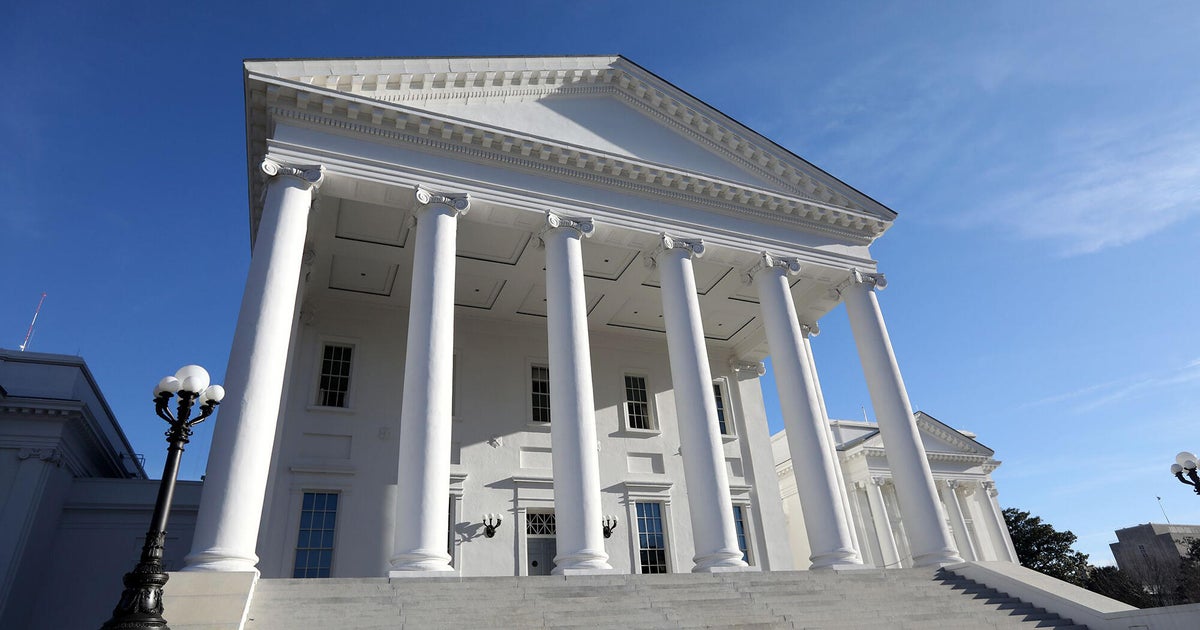Buttigieg says there's "a lot of daylight" between Biden and GOP on infrastructure deal
Washington — Transportation Secretary Pete Buttigieg said Sunday there is still disagreement between President Biden and Senate Republicans on an infrastructure deal as negotiations on a plan to improve the nation's roads, bridges and ports continue.
In an interview with "Face the Nation," Buttigieg said Mr. Biden is set to speak Monday with Senator Shelley Moore Capito of West Virginia, who is leading negotiations for Republicans, and the administration continues to hold discussions with members of the House and Senate about an infrastructure package.
"Lots going on right now," Buttigieg told "Face the Nation," "but still lots of daylight, honestly, between us and our Republican friends."
The White House and a group of GOP senators led by Capito have been engaged in several rounds of talks over an infrastructure plan since Mr. Biden unveiled his sweeping $2.3 trillion infrastructure and jobs plan in late March.
The two sides have traded several counteroffers, with Mr. Biden lowering his plan's pricetag to $1.7 trillion and Senate Republicans putting forth a proposal to spend $928 billion over eight years on infrastructure. Mr. Biden and Capito spoke again Friday, and the White House said the senator offered a roughly $50 billion increase in spending across several infrastructure programs. The president, however, said the latest offer "did not meet his objectives," according to a summary of the call from the White House.
"This is not just about getting through this season or some kind of short-term stimulus," Buttigieg said of Mr. Biden's infrastructure goals. "This is about making sure that America wins the future at a time when our competitors like China and our allies are investing much more, frankly, in infrastructure than we are. That's why it calls for such a big step."
Buttigieg said the American people not only want to see Congress and the White House take steps to improve the nation's roads, airports, bridges and waterways, but also support Mr. Biden's proposed vehicle for paying for those changes.
"We think there is a very strong wind at our back. And we've seen a lot of Republicans certainly around the country, but also a lot of Republicans in office state their interest in doing something real on infrastructure," he said. "We've just got to see if we can actually get it into enough of an overlapping consensus that we can get a bill done together because the president strongly prefers a bipartisan approach."
Mr. Biden has suggested paying for his infrastructure plan by raising the corporate tax rate from 21% to 28%, which would effectively undo the cuts enacted in the tax reform package from 2017. He also called on countries to set a global minimum tax on corporations. On Saturday, the Group of Seven agreed to support a global minimum corporate tax of at least 15%, which Buttigieg called "remarkable."
Republicans, however, disagree with Mr Biden's proposal to raise the corporate tax rate, though the transportation secretary said doing so remains an option for the White House.
"Let's acknowledge that in our plan and the president's plan, that's not one of the elements that's likely to get much Republican support because they're so committed to those corporate tax breaks from the president, Trump's Tax Cuts and Jobs Act," he said. "So what's something that we might be able to agree on? Well, how about the idea that we have enough enforcement to get companies paying what at least is the sticker rate that they're responsible for?"
Buttigieg said that in discussions he's had with Republicans, there has been "goodwill," and talks have been "honest" and "above board." But the two sides still have disagreements and are up front about them.
"When we talk about these things, it's in a very straightforward fashion as we try to find where there is some overlap," he said. "It's why the president's reminded them that there are other areas that surely Republicans can agree to as well on the tax side, like enforcement to at least make sure that you don't have giant corporations making billions in profits, paying zero, which is part of what's happened and part of why we're struggling to pay for important things in this country."



